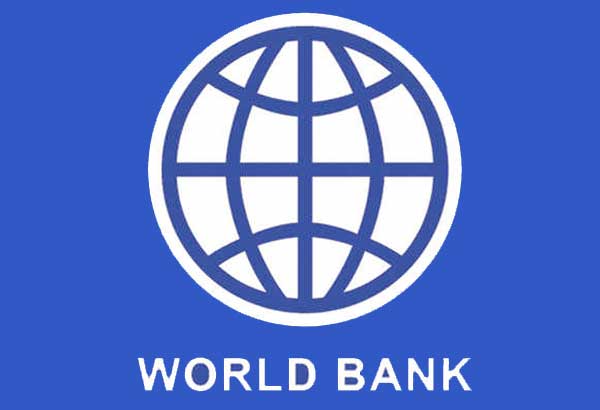 There is an urgent need to modernize the cocoa value chain in order to boost productivity and hedge against exogenous economic and climate-related shocks, a World Bank survey has said.
There is an urgent need to modernize the cocoa value chain in order to boost productivity and hedge against exogenous economic and climate-related shocks, a World Bank survey has said.
The Bank said phasing-out inefficient public input-supply programme could reduce fiscal costs and create space for greater private sector participation in the cocoa value chain.
Mr Hardwick Tchale, a Senior Agricultural Economist at the World Bank presenting the report on “Revitalizing Agricultural Growth through Enhanced Expenditure Targeting” said mapping cocoa farms and collecting more extensive farm-level productivity data could enhance the targeting of public sector support and help investors identify emerging opportunities.
The report covers areas that reflect and complement the government’s commitment to strengthen public financial management in preparation for the anticipated increase in oil revenues.
It also examines public spending in the agriculture sector, which despite its diminishing economic share will remain crucial to employment and poverty reduction over the long term, particularly after the anticipated boom in oil production runs its course.
He said public spending on agricultural development in Ghana is low both by regional and international standards and spending levels have declined in recent years.
He said while Ghana has the potential to be a net food exporter, low productivity in the food-crop and livestock subsectors has undermined its food security.
Mr Tchale said promoting technology transfer was often the most cost-effective way to boost agricultural productivity, yet Ghana has made little progress in encouraging the adoption of improved technologies.
He said to expand access to private extension services, the government should develop a new framework for collaborating with agricultural input companies, distributors, dealers transport and logistics providers among others.
He said a combination of public and private investment in irrigation systems would increase cultivation intensity and bolster the agricultural sector’s resilience to weather-related shocks.
The Economist said when the public investment targets a specific value chain, it should complement, rather than supplant the ongoing development of the private sector.
“Land-tenure reform will be crucial to bolster private investment in Ghana’s agricultural sector and provide major progress in strengthening land and property rights can be achieved at a modest fiscal cost,” he added.
He said greater transparency in the management of the cocoa subsector, combined with further market liberalization would be crucial to enhance the efficiency of cocoa production and ensure the long-term competitiveness of cocoa exports.
Source: GNA























